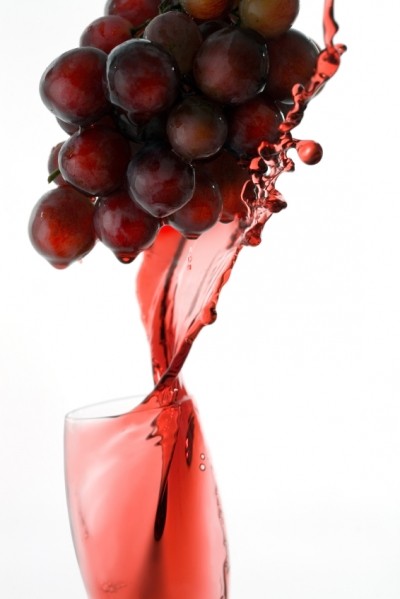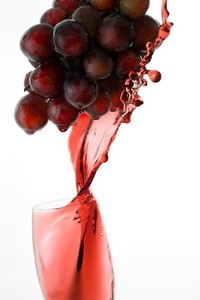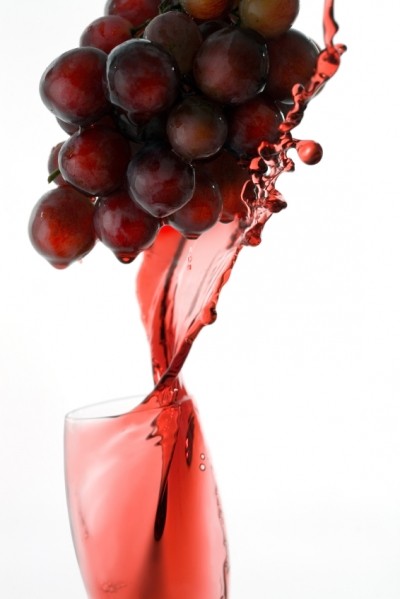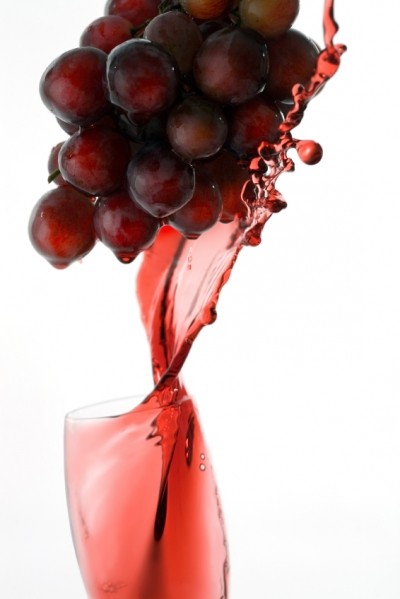Resveratrol’s metabolic mechanism pinpointed?
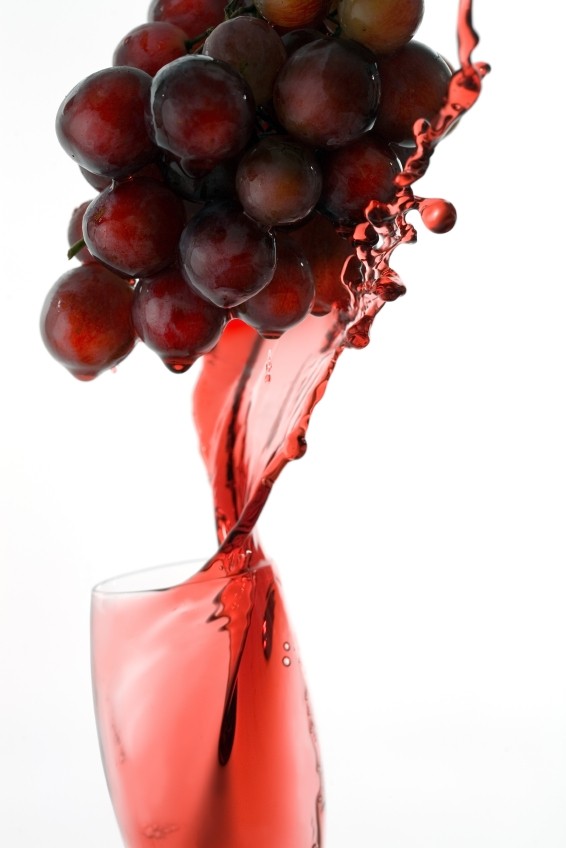
The red wine compound may directly affect a signaling pathway controlled by a compound called cAMP (Cyclic Adenosine 3',5'-monophosphate), according to findings published in the journal Cell.
A direct effect on cAMP would influence the cascade of events associated with the pathway, particularly those that influence with energy regulation, cholesterol regulation, glucose uptake and insulin production, report researchers from the NIH, the University of California, Davis, The University of North Carolina, and four other research institutes around the world.
Resveratrol is often touted as the bioactive compound in grapes and red wine, and has particularly been associated with the so-called 'French Paradox'. The phrase, coined in 1992 by Dr Serge Renaud from Bordeaux University, describes the low incidence of heart disease and obesity among the French, despite their relatively high-fat diet and levels of wine consumption.
Other studies with only resveratrol have reported anti-cancer effects, anti-inflammatory effects, cardiovascular benefits, anti-diabetes potential, energy endurance enhancement, and protection against Alzheimer’s.
Longevity?
Interest in the compound exploded in 2003 when research from David Sinclair and his team from Harvard reported that resveratrol was able to increase the lifespan of yeast cells. The research, published in Nature, was greeted with international media fanfare and ignited flames of hope for an anti-ageing pill.
According to Sinclair’s findings, resveratrol could activate a gene called sirtuin1 (Sirt1 – the yeast equivalent was Sir2), which is also activated during calorie restriction in various species, including monkeys.
Since then studies in nematode worms, fruit flies, fish, and mice have linked resveratrol to longer lives. Other studies with only resveratrol have reported anti-cancer effects, anti-inflammatory effects, cardiovascular benefits, anti-diabetes potential, energy endurance enhancement, and protection against Alzheimer’s.
In an accompanying editorial in the journal, Ruth Tennen from Stanford University, Eriko Michishita-Kioi from the VA Palo Alto Health Care System, and Katrin Chua from Daiichi Sankyo Co in Japan note that the previous report that resveratrol directly activates Sirt1 appears to be an artifact of the tests used in those earlier studies.
The new study – led by Jay Chung from the US National Institutes of Health – indicates that the compound may work indirectly on Sirt1 by a direct effect on cAMP signaling.
Combining cell studies with data from experiments with mice, Chung and his co-workers showed that resveratrol inhibited the action of enzymes that degrade cAMP, thereby producing an increase in cAMP levels.
This subsequently led to an activation of a specific receptor that produced an increase in calcium ions, which activated a n enzyme called AMP-activated protein kinase (AMPK), a complex that “senses nutrient deprivation by sensing the AMP/ATP ratios”.
“Together, these data paint a detailed picture of how resveratrol activates AMPK and SIRT1 to produce metabolic benefits, with some interesting mechanistic and clinical implications. Resveratrol is thought to produce its health benefits by mimicking CR. D
In their editorial, Tennen, Michishita-Kioi, and Chua said that the new study provides “important insight into the mechanism by which resveratrol promotes metabolic health.
“But in the intensely controversial, complex, and rapidly evolving field of resveratrol and sirtuins, the identification of PDEs as the putative ‘missing link’ is certainly not the end of the story.”
Source: Cell
3 February 2012, Volume 148, Issue 3, Pages 421-433, doi: 10.1016/j.cell.2012.01.017
“Resveratrol Ameliorates Aging-Related Metabolic Phenotypes by Inhibiting cAMP Phosphodiesterases”
Authors: S-J. Park, F. Ahmad, A. Philp, K. Baar, T. Williams et al.
Editorial: Cell
3 February 2012, Volume 148, Issue 3, Pages 387-389, doi: 10.1016/j.cell.2012.01.032
“Finding a Target for Resveratrol”
Authors: R.I. Tennen, E. Michishita-Kioi, K.F. Chua
